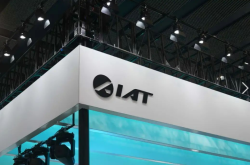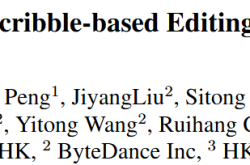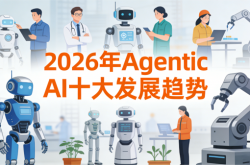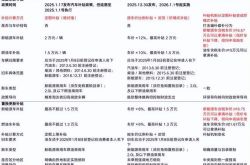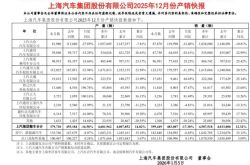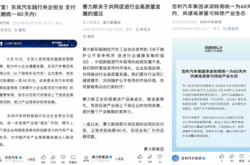CES's Most Popular Humanoid Robot Attracts Investments from Meituan and Lei Jun
![]() 01/10 2025
01/10 2025
![]() 587
587
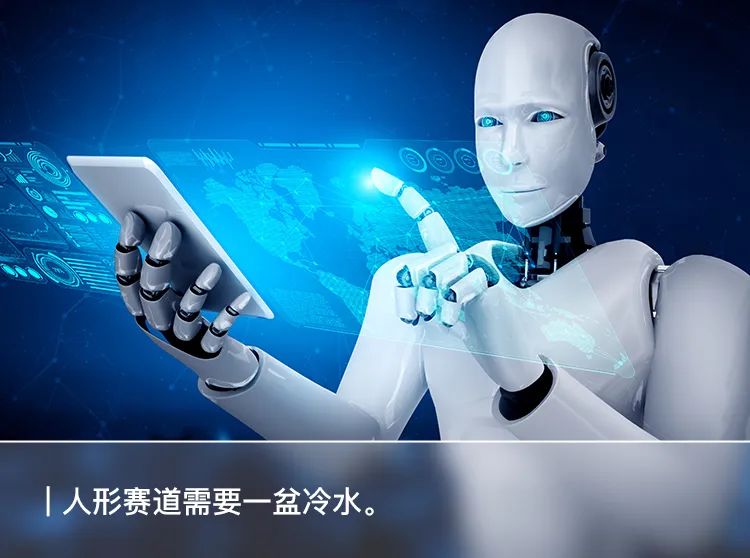
Source | Yuan Mei Hui
Dubbed the "CES of technology," the International Consumer Electronics Show (CES) has transformed into a platform where emerging Chinese companies showcase their innovations.
On January 10, it was reported that at CES 2025, Unitree Technology (hereinafter referred to as "Unitree") unveiled its comprehensive range of robot products, including the G1 humanoid robot and Go2 robot dog. Both were fully booked within a day, with all samples sold out.
The key to this exhibition's "frenzy" may lie in pricing.
Price-wise, Unitree's Go2 robot dog, priced at just $1,600, gained favor with overseas customers, in stark contrast to Boston Dynamics' Spot robot, which retails for $74,500.
Within the industry, Unitree is renowned as a "price killer."
On May 13, 2024, Unitree launched the humanoid robot Unitree G1, officially announcing a starting price as low as 99,000 yuan (RMB, unless otherwise specified).
What does this mean?
According to UBTech's prospectus, the average selling price of its humanoid robot Walker series is approximately 5.988 million yuan.
When Xiaomi released the prototype of its humanoid robot "Tie Da" (CyberOne) in its early years, it also stated that the cost of each unit was as high as 600,000 to 700,000 yuan, making mass production unfeasible at the time.
For Tesla's humanoid product Optimus, which is most likely to achieve large-scale mass production, CEO Elon Musk boldly stated that the selling price could be controlled at $20,000 to $30,000, with a prerequisite of "producing millions of humanoid robots."
While many humanoid robot companies hesitate to disclose their prices, Unitree has taken the lead in initiating the first "price war" in the humanoid field.
Even Wang Xingxing, the founder of Unitree, once stated, "In terms of cost control, we have never stopped exploring. Don't underestimate our capabilities; we have even greater room for price reductions."
01 The Humanoid "Dark Horse" Backed by Meituan and Lei Jun
While the pioneering humanoid robot company UBTech debates whether to "quickly achieve commercialization or increase investment in research and development to maintain technological advantages," Unitree's answer is "both are necessary."
Unitree boasts both versatile humanoid products and quadruped robots aimed at achieving large-scale commercial profitability.
This confidence stems not only from technological advantages but also from the support of financial backers.
According to Tianyancha, Unitree has completed 9 rounds of funding since its inception.
In 2024, Unitree successfully secured two rounds of funding, B++ and C, with amounts of nearly 1 billion yuan and several hundred million yuan, respectively, achieving a post-investment valuation of 8 billion yuan. Meituan participated in both rounds.
Internet companies interested in Unitree are not limited to Meituan; Shunwei Capital, controlled by Xiaomi founder Lei Jun, has also placed a bet on the company.
Shunwei Capital led the A round of funding for Unitree exclusively and continued to participate in the B+ round. It is worth mentioning that before obtaining Shunwei's lead investment, Unitree's popular robotic cow "Benben" made its debut on the 2021 Spring Festival Gala, performing alongside stars like Andy Lau, Guan Xiaotong, and Wang Yibo, becoming an overnight sensation.
With its popularity, capital support, and extreme pricing strategies at the product level, it is no surprise that Unitree was "frenziedly snatched up" overseas this time around.
Although the robot dog has to some extent addressed Unitree's commercialization challenges and achieved a certain level of "self-sustainability," against the backdrop of the difficulty in the short-term commercialization of humanoid products, everyone has set their sights on quadruped robots, which can land first, attempting to achieve commercialization and thus gain a chance for survival. For example, Zhuji Power has launched the W1 quadruped robot, and Xiaomi has introduced Tiedy.
Moreover, as well-known automakers such as Tesla, Xiaomi, NIO, Xpeng, Changan, GAC, and Chery continue to enter the humanoid robot market, Unitree will face considerable pressure in the humanoid robot field in the future.
02 A Splash of "Cold Water" for the Popular Humanoid Robot
Currently, industry predictions suggest that humanoid robots are expected to land first in industrial scenarios, particularly in the automotive field. Many humanoid robot companies, including Tesla, UBTech, and Zhiyuan, have even sent their humanoid products to automakers for "work experience" training.
However, some experts believe that industrial scenarios are not the preferred choice for humanoid robots in the short to medium term; instead, special scenarios are more suitable.
Others think that household service scenarios, such as elderly care and nursing, hold the most promise for humanoid robots.
The plethora of viewpoints makes it challenging for outsiders to clearly see the future of humanoid robot commercialization. Some internet tycoons have even stated that commercialization of humanoid robots will be difficult to achieve in the short term, pouring a splash of cold water on the market.
However, fueled by NVIDIA founder and CEO Jensen Huang and Tesla CEO Elon Musk, the flames in the primary and secondary markets for humanoid robots are burning even brighter.
At NVIDIA's 2024 GTC AI Conference, Jensen Huang jointly developed the "GR00T" project with nine humanoid robot companies, two of which are from China: Unitree and XPeng Robotics.
Furthermore, comprehensive reports indicate that Unitree announced a partnership with Looking Glass XR before the CES 2025 exhibition, making VR/AR services the official distributor of Unitree's robot products, with related products entering overseas markets.
At CES 2025, Chen Li, co-founder and partner of Unitree, also stated in an interview with the media that there were an exceptionally large number of orders, and some models would require a waiting period before they could be ordered, while others might have a delivery cycle.
This easily creates the illusion that domestically produced humanoid robots are rapidly rising and becoming mainstream.
But is this really the case? During a conversation with an industry observer, Yuan Mei Hui stated: "Humanoid robots are also popular overseas, but it's far from the time to raise the banner of domestic production."
Today, the domestic humanoid robot market is overheating, prompting many companies to be "urged" by capital and peers. Issues that were difficult to solve in the past few decades are now making progress in as little as a few months to half a year. But how substantial is such progress? And how much of it is flashy but "useless" work?
On one hand, progress is accelerating, and on the other, capital is pouring in.
According to incomplete statistics, in 2024, there were over 200 investment and financing events in the domestic robot industry, with a total amount exceeding 20 billion yuan. Among them, nearly 30 events were in the humanoid robot sector, with a total financing amount exceeding 7 billion yuan, demonstrating the sector's popularity.
Under such circumstances, domestic humanoid robot companies represented by Unitree and UBTech should focus not only on pursuing technological progress and cost-effectiveness but also on solving two critical problems: first, achieving comprehensive self-sustainability and completing large-scale applications; second, making humanoid robots walk naturally and dextrously, so that technology is no longer just at the "display" level.
Transitioning from being an internet celebrity or hot topic to actual product implementation and achieving sustainable large-scale commercialization is not only a challenge for Unitree but also a problem that the entire humanoid robot sector needs to jointly consider and solve.
Some images are sourced from the internet. Please inform us if there is any infringement for removal.

